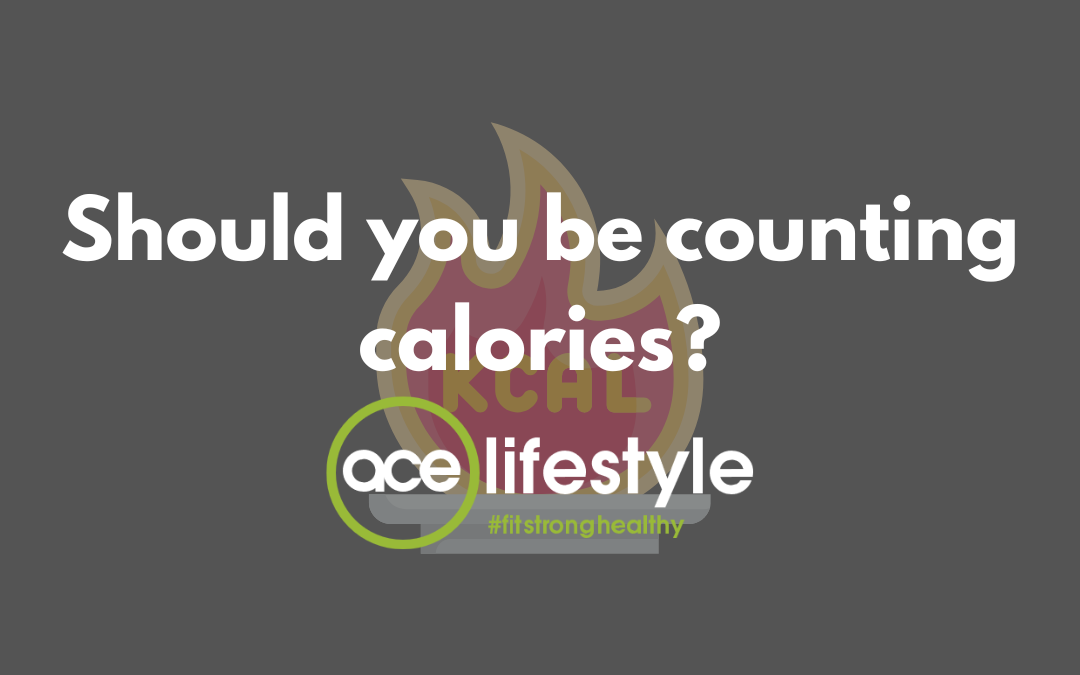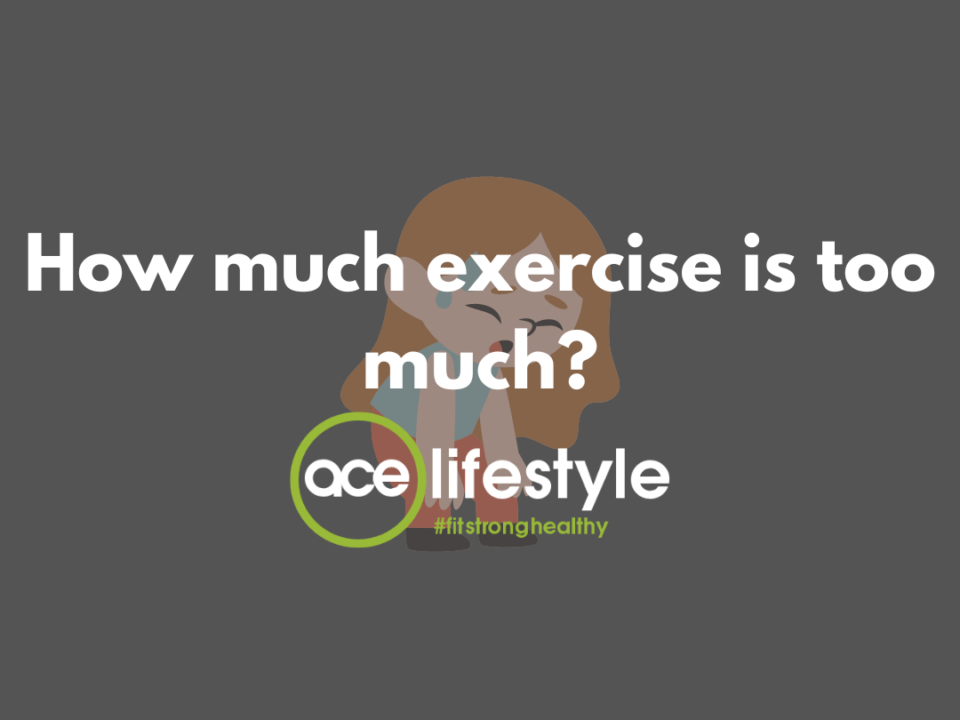Should you be counting calories?

When it comes to weight loss, the principle is just one: eat in a calorie deficit. Put in simple terms,
consume fewer calories than you burn.
When it comes to methods and diets, on the other hand, there are a million and one. Keto, low-carb, low-fat, intermittent fasting, meal replacements… you name it.
What’s the best approach to ensure health and fat loss?
There isn’t one specific diet or dieting method that is superior to others. There are simply methods that work better or worse for YOU as an individual.
Each method can have pros and cons. But when it comes to losing weight we want to look at two main factors: a healthy, varied and balanced diet, and one that you can see yourself sticking to in the long run.
A rigid diet that cuts out lots of foods or food groups might help you lose weight but could have a negative impact on your health and the results are likely to be short-lived once you reintroduce those foods..
On the other hand, a diet that can ensure optimum nutrition on paper but you don’t enjoy, will likely lead you to pile the weight back on as you revert to a lifestyle that aligns more with you.
As nutritionists, we know that there isn’t a one-size-fits-all approach.
Unless we have a particular reason to advise a specific type of diet, we prefer to give guidelines, tips and information so that our client’s weight loss journey can fit into their lifestyle, instead of them having to squeeze into a small box.
While not ideal for everyone and only recommended after a good screening, we know that calorie counting can work for lots of people.
Does this mean you should be doing it?
No, not necessarily.
But here are a few of the reasons why it’s part of our online programmes as well as our lifestyle when we have a particular goal in mind:
- AWARENESS: when done well, tracking calories is an amazing awareness tool. It can be really eye-opening to understand the true calorie content of food. You might be surprised that foods you always considered “unhealthy” and surely not appropriate while dieting, actually don’t have as many calories as you might think. This goes the other way too, as certain foods often marketed as “healthy” can be very calorie dense, like nuts and avocados.
- FLEXIBLE: tracking calories doesn’t mean that you need to eat the same calories every single day. We much prefer to look at a weekly “budget” that you can spend as you prefer. Some people will be happy with a similar target every day, others do well eating a little less during the week to “save” some calories for the weekend for example.
- NOT INTRUSIVE: counting calories doesn’t need to get in the way of your life. Quite the opposite, when done with the right mindset it helps you plan and be organised. It shows you can have the foods you love and make them fit into your life. And this is essential for long-lasting results. If you constantly felt you had to cut big nights out or restrict certain foods, chances are you’d put all the weight back on as soon as you reintroduce them in your life. Because, you will want to have a hot plate of chips, a slice of cake, or a few drinks every now and then!!!
- FULL PICTURE: tracking your calories allows you to look at your nutrition overall since most apps will help you track macro as well as micronutrients. So you can see where your calories come from (carbohydrates, protein and fat) but also you will have an idea of your fibre intake as well as other vitamins and minerals. While we don’t suggest you obsess over any of these numbers too much, it can certainly give you an idea of where you can make improvements to your diet. We’d recommend that about 35% of your calories come from protein, 35-40% from carbohydrates and the remaining from fat, all while aiming for 30g of fibre each day.
This being said, there are some people that we’d advice against this method:
- EATING DISORDERS: as a rule of thumb, if someone has or has ever had an eating disorder, we would advice against calorie tracking. If this is you, you may need support not only from a nutritionist or dietitian, but by a team of specialists that can assess and help with all areas of health, most importantly mental health.
- OBSESSIVE PERSONALITIES: when tracking calories, it can be easy to become obsessed with the numbers for those that already have these tendencies. This can put them at risk of developing an unhealthy relationship with food.
- PEOPLE WHO DON’T WANT TO TRACK: some people just don’t want to track for a multitude of reasons! And that’s ok since there are plenty more ways to improve your relationship with food and achieve your weight goals.
If you are ready to take control over your nutrition and get on your weight to reach your health, fitness and weight goals…. Get in touch!! You can find us on Instagram, Facebook or at info@ace-lifestyle.com
And have a browse on our website where you can find our online programmes, as well as personal training or 1-2-1 nutrition support options!
